Redcliffe Caves
There's a labyrinth of manmade tunnels stretching for over an acre beneath Bristol.
Bristol’s strategically positioned port, access to coal, and abundance of fine red sandstone made it an ideal location for glassmaking between the 14th and 18th centuries. Over the years, a series of underground tunnels were dug beneath the town in order to mine the sandstone used for the flourishing glass and pottery industries.
Today, the full extent of the caves is unknown. They stretch for at least an acre beneath Redcliffe, a district of Bristol named for its red sandstone cliffs. But by some estimates, there may be as many as 12 acres of inaccessible tunnels snaking under the area.
The caves have found many uses besides glassmaking through history. Between the 14th and 17th centuries, they were home to several hermits. Later, they were extended and used to store trade goods coming in from Africa and the West Indies. There is even some evidence to suggest that prisoners of war were held here during the French Revolution or Napoleonic Wars.
The Redcliffe Caves fell in to disuse after the closure of Bristol’s last glass factory and were used for storage and as a dumping ground for waste from the nearby Redcliffe Shot Tower. Today, the caves occasionally host underground film screenings and theatre productions. To many visitors and even locals, however, they are a forgotten gem hidden below.
Update September 2018: The caves are closed temporarily. See the website for details.
Know Before You Go
About an acre of tunnels has been explored and mapped. The caves are usually locked, but accessible via self-led or guided historical tours. The caves are also open to the public during the Bristol Open Doors weekend. See the website for more details. The tunnels are dark and the ground is uneven so be sure to wear good shoes when touring the caves.
The entrance is at the bottom of the Phoenix Wharf Donkey Ramp, near the Scout Canoe Club.

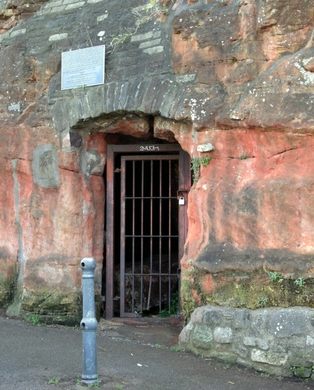
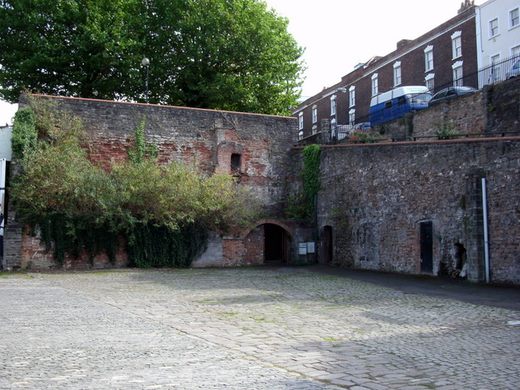
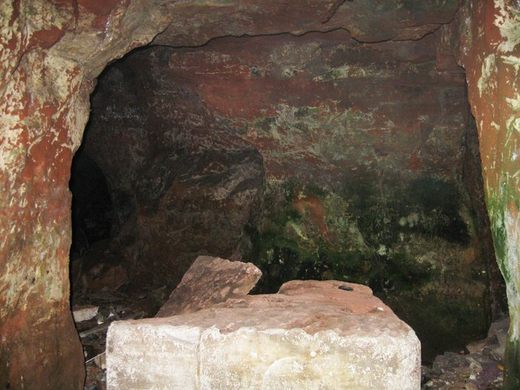



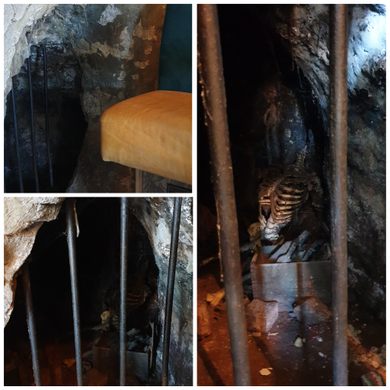

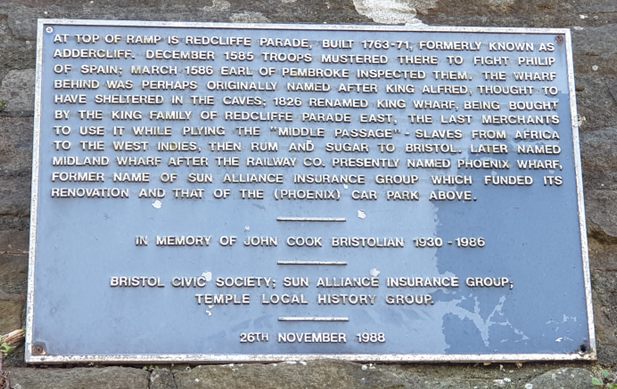
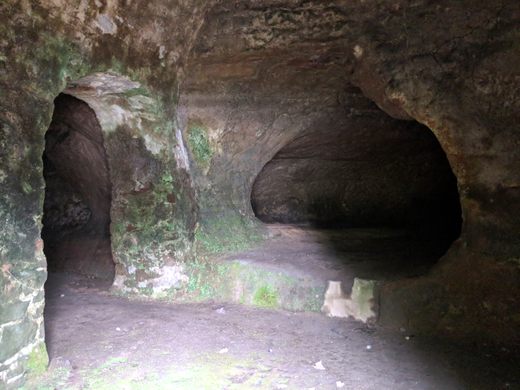





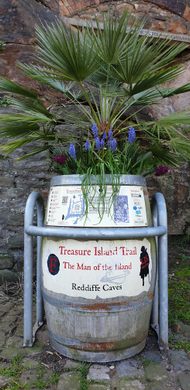
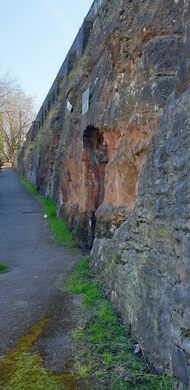










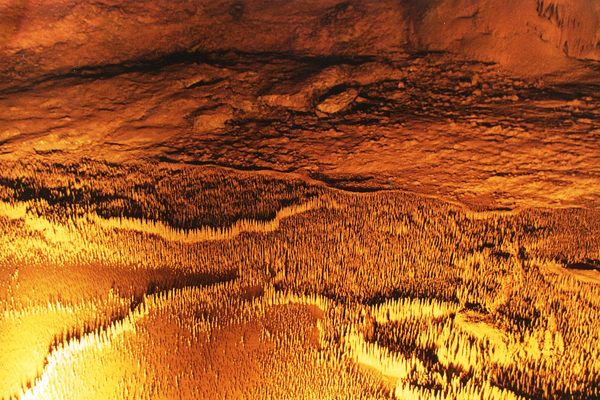



Follow us on Twitter to get the latest on the world's hidden wonders.
Like us on Facebook to get the latest on the world's hidden wonders.
Follow us on Twitter Like us on Facebook